“We are afraid to care too much, for fear that the other person does not care at all.”
– Eleanor Roosevelt
“We are afraid to care too much, for fear that the other person does not care at all,” is a profound Eleanor Roosevelt quote about human relationships. This Eleanor Roosevelt life quote speaks to how we become vulnerable when we let our emotions become deeply involved with others.
When we love from deep inside, there is always a sense of caution that our affection may not be reciprocated. This apprehension often stems from experiences where our concern was not as passionate or committed as we had hoped.
Read More Quotes: Healing Taught Me That Honesty, Boundaries, Are Necessary
The core message in this Eleanor Roosevelt quote highlights the fine line between our desire for connection and the potential for emotional hurt. Loving someone deeply makes us susceptible to heartbreak if our feelings are not mutual. The risk of rejection or indifference can compel us to build walls around our hearts, limiting the degree to which we invest in others.
The fear of unrequited love influences our behavior in relationships. We may withhold expressing our true feelings because of the likelihood of rejection, especially if we doubt that the other person shares our sentiments.
This self-preservation mechanism is a way to avoid the pain associated with misplaced love or a lack of interest. However, such protection can also hinder the development of genuine connections. By failing to express our care, we may miss out on valuable and satisfying relationships.
This kind of emotional hesitation is not limited to romantic relationships; it extends to all forms of human connections. Whether in friendships, family bonds, or professional interactions, the fear that our feelings might not be reciprocated can influence how we engage with others. This common human experience often involves wondering whether others feel similarly and fearing the consequences of expressing ourselves.
Read More Quotes: Never Force Relationships Or Communication
Another key aspect of this Eleanor Roosevelt quote is the concern with validation and acceptance. When we care for someone, we seek acknowledgment and reciprocity. This unique quote on life reflects our desire for emotional validation, which can lead us to hold back when we fear it might not be forthcoming. Such fears can paralyze us, causing us to miss out on deeper relationships and personal growth.
Furthermore, the fear of caring too much also points to broader issues related to trust and self-esteem. It challenges our ability to be genuine in our interactions. Trusting others with our emotions requires bravery, but this courage can be undermined by a fear of not being cared for in return. This mistrust in the reciprocation of care often arises from past disappointments or insecurities, impacting how we relate to new friendships.
This Eleanor Roosevelt quote encourages us to reflect on our tendencies towards emotional self-preservation. It prompts us to consider whether our fears are preventing us from forming genuine connections. While it is natural to avoid misplaced affection, acknowledging and addressing this fear can lead to more meaningful and fulfilling relationships.
Read More Quotes: Did You Know Butterflies Rest When It Rains To Protect Their Wings?
In summary, Eleanor Roosevelt’s motivational quote about life captures the universal experience of navigating the complexities of emotional attachments. It underscores the courage and vulnerability needed to fully invest in relationships, despite the risk of unreciprocated feelings.
Recognizing this fear can help us create more rewarding and meaningful connections, allowing us to embrace our emotions without the constant shadow of doubt. This deep quote on life from Eleanor Roosevelt reminds us of the importance of embracing vulnerability in our pursuit of authentic relationships.
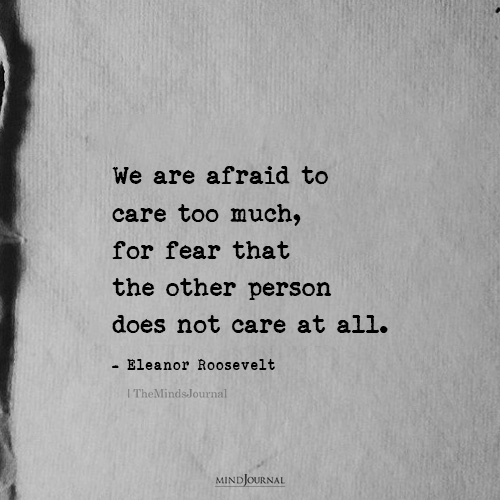
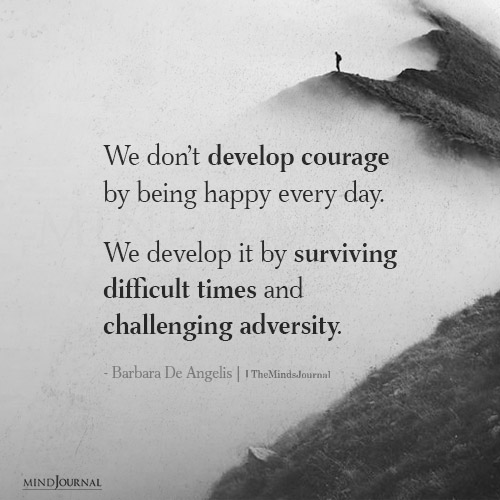
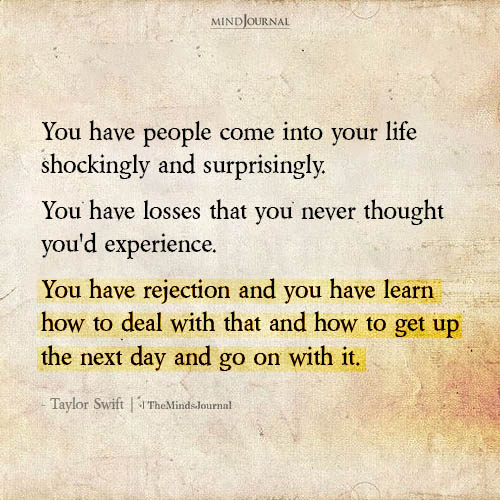
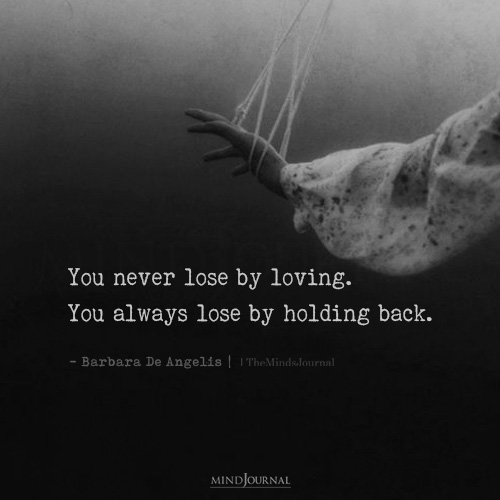

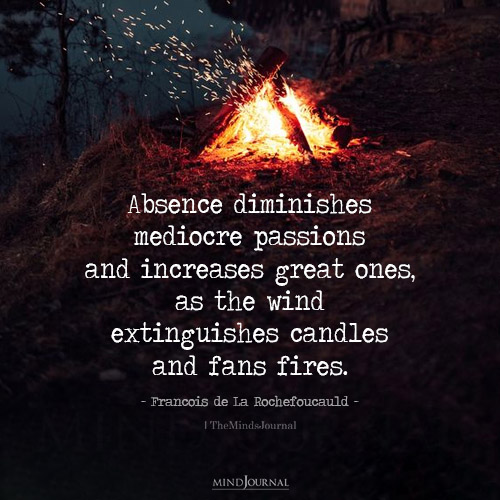
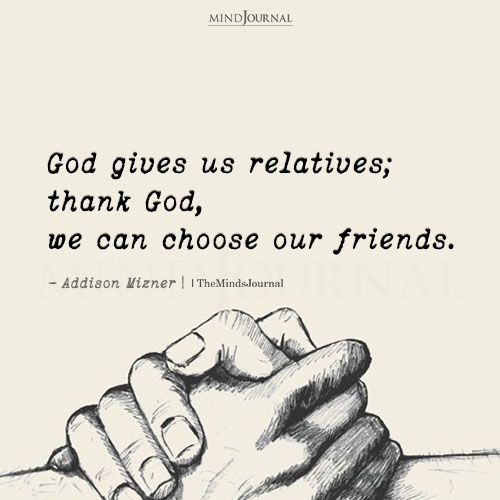
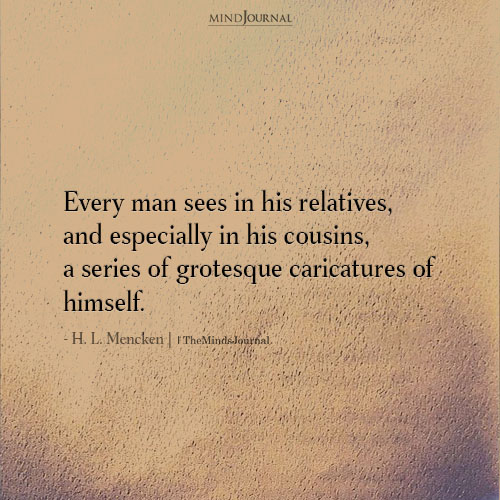
Leave a Reply
You must be logged in to post a comment.